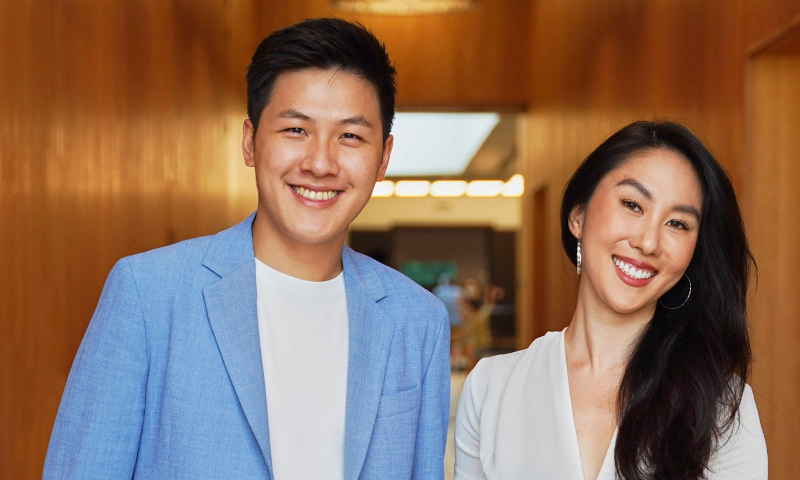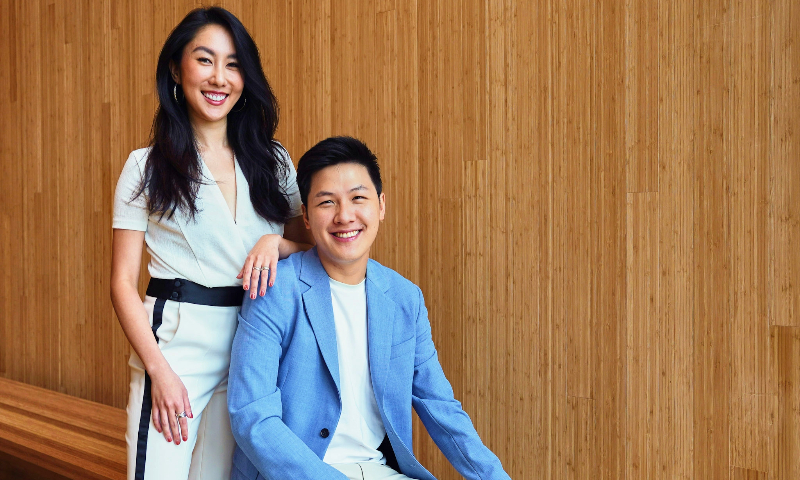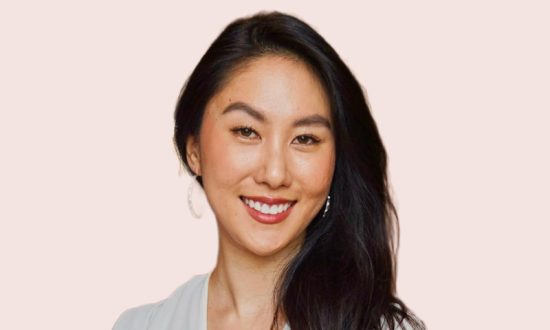Megan Lam is the Co-Founder and Chief Executive Officer at Neurum Health. As CEO, she leads Neurum Health’s strategy and ensures that the company achieves its vision of getting people the right care, on their terms, anywhere, anytime. Passionate about promoting behavioural wellness, she also advises organisations on mental health and technology initiatives – including the German government’s international development aid and is a regular speaker on the intersection of mental health, technology, and service design.
In addition to her leadership responsibilities, Megan serves on the board of GIANT Health events, and advised the corporate-founded network, Shared Value Project HK’s mental health initiative. She is a board member of KELY Support Group, a Hong Kong-based nonprofit organisation whose mission since 1991 is to equip young people with the skills, knowledge, and opportunities needed to support themselves and each other.
Recently, in an exclusive interview with Digital First Magazine, Megan shared her insights on the need to make diverse collaborative efforts in making meaningful changes in mind and lifestyle health, her professional journey, what sets Neurum Health apart from other market competitors, significant career milestones, future plans, words of wisdom, and much more. The following excerpts are taken from the interview.
In what ways can diverse collaborative efforts between clinicians, engineers, researchers, designers, entrepreneurs, end-users etc. help in making meaningful changes in mind and lifestyle health?
Having a multidisciplinary approach is like having multiple lenses and tools in your arsenal. It helps build elegant solutions for complex problems, such as personalising care journeys that are relevant and useful for our unique minds and lifestyle habits.
This speaks to one of Neurum Health’s core values, which is celebrating diversity of thought. Therefore, different backgrounds and experiences should also be part of the building process, to truly design a solution that members continuously find easy to use, love, and is inclusive and scientifically validated.
How much responsibility should Corporate leaders take for the wellbeing of their workforce?
Of course, companies have a bigger role in promoting workforce wellbeing because they are the ones who make profit at the end of the day.
However, everyone has their own responsibility when it comes to workforce wellbeing. For example, after a company subscribes to Neurum’s service, it comes down to the employees to be actively using the app to practise self-care and self-love.
Good leaders should set their people and their communities up for success. A strong commitment to Environmental, Social, and Governance (ESG) principles includes prioritising employee mental health and creating a supportive work environment. By fostering a culture of understanding, providing resources, and promoting work-life balance, leaders can positively impact employee wellbeing while contributing to the overall success of the company and its ESG goals.

Megan, please tell us about your background and areas of interest. How did you get into the arena of digital mental health & well-being?
The personal spark was when I lost loved ones to suicide, and experienced struggles in my own care journey. Lived experiences drove to look for answers, which led to a background in neuroscience and behavioural health research.
It gave me a hard look at where the gaps were and saw the difficulty of building something scalable and sustainable that fits into people’s life story outside of the lab or doctor’s office – where health and wellness is happening.
The opportunity for digital health was to put care into people’s hands, in a way that met them where they are, and resonated with them wherever they were on their health journey.
This is why Neurum Health’s vision is bringing our mind’s care to life, in every sense.
Tell us about the mission and vision of Neurum Health. What sets it apart from other market competitors?
We are the first and only mental health app that uses AI to deliver a personalized care journey that truly fits, grows, and adapts with each unique individual.
Here’s how we’re different:
- Our credible, science-backed research and materials that form the basis of the app.
- A personalised experience that really meets people where they are, making the maintenance of wellness easy, engaging, and truly grows with each unique individual.
- The Neurum app is actually the first and only app that uses AI for a personalised health plan — which includes programs that can maintain behavioural wellness. As a personal wellness companion that looks after the mind and lifestyle for each unique user, the app is also designed to be deployed by enterprises to maintain the wellbeing of any organisation, is empathetic, interactive, personal, and proactive in addressing the needs of busy and dynamic individuals.
- Testament to this, 87.8% of the time people find our recommendations relevant and useful.
Most importantly, we’re committed to raising awareness on behavioural health and through technology, create healthy communities. In addition to the app, we work hard to educate society and promote the broader awareness and understanding of healthy minds and habits.
What has been your most career-defining moment that you are proud of?
There are several moments that I find rewarding throughout my journey with Neurum Health:
- Contributing back to our local community through serving as Board Member of youth mental health charity, KELY Support Group.
- Partnering with local NGOs to re-design a sustainable model that could reduce inequalities in care. Our partners can now pledge unused Human Care Credits to be used with our community beneficiaries. A recent example of this – Neurum Health partnered with Bethune House which grants complimentary access to migrant women workers in emotional distress to our platform’s digital programmes and access to human professionals.
- Receiving an honourable global social impact award by Cartier.
- Neurum Health has become one of the 300 recognised Charter signatories by The Equal Opportunities Commission, demonstrating our commitment to equality and diversity in the workplace.
In your academic or work career, were there any mentors who have helped you grow along the way? What’s the best piece of advice you have ever received?
I believe it’s important to build connections, be curious, and be proactive. With much gratitude, that led to mentors and champions that wanted to see Neurum Health succeed and grow and are brilliant soundboards at various stages.
One of the best pieces of advice was to find out what truly motivates people.

What’s a leadership lesson that you’ve learnt that’s unique to being a female leader?
You can write your own story and unsubscribe from narratives others have pre-written for you.
How can we prepare the next generation for the workplace of the future?
Taking a step back, businesses should prepare themselves for the ever-changing demographics.
By 2025, Gen Z may comprise more than a quarter of the global workforce. To attract and retain these workers, employers should understand what this generation pursues. They are tech-savvy and purpose-driven – companies that speak to their purpose tend to have a higher rate of retention and get more business than those who fail to connect with this cohort. Businesses should also invest in what’s good for people and the planet.
Where do you see Neurum Health in the next 5 years?
I see Neurum Health being dedicated to helping as many people as possible with their behavioural health (i.e., mind and lifestyle health and wellness).
Central to our approach is the cultivation of strategic partnerships that amplifies the impact of our support. Through purposeful scaling, we empower our partners to authentically serve as wellness advocates and for their wider communities. This collaborative synergy reinforces our belief that authentic well-being flourishes when stakeholders unite, fostering an environment where comprehensive wellness is attainable for all.
What advice would you give to women who want to pursue a career in tech?
Don’t count yourself out. And when you’re there, count others in.






